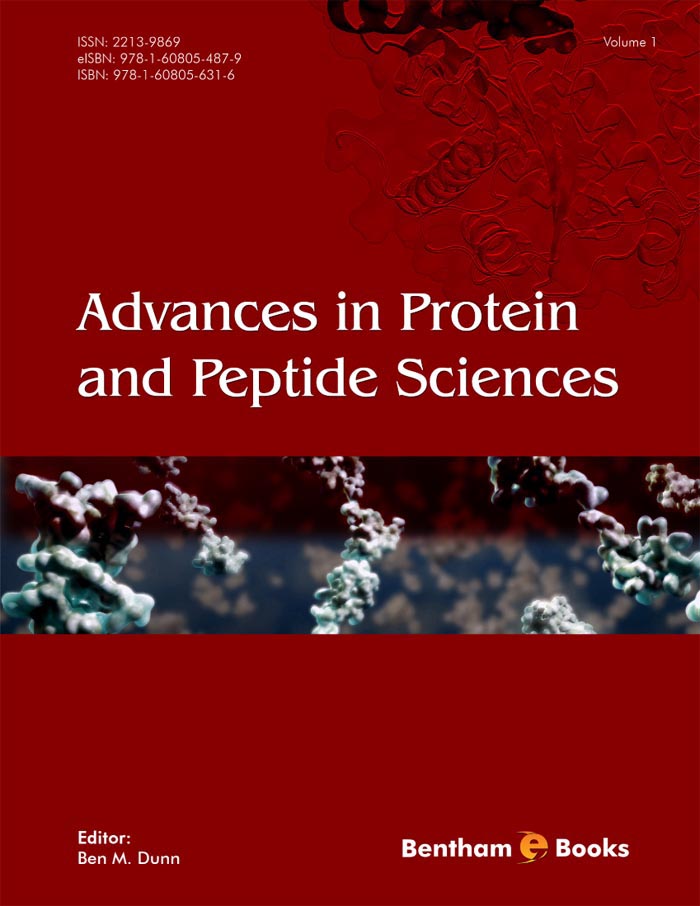Foreword
Proteins are among the most critical building blocks of life. Virtually all processes taking place in a living cell are controlled, regulated, and executed by proteins. Biological roles and activities of proteins are extremely diverse, ranging from recognition, to binding, to catalysis, to various structural roles, to entropic functions, and to mechanical activities. In their functional endeavor, proteins can act alone or in complexes with other proteins, peptides, nucleic acids, membranes, various small molecules, and ions. Structurally too, proteins are very divergent and can be broadly classified as globular, membrane, fibrous, intrinsically disordered, and various hybrids of these four major groups. There is typically a great agreement between how protein looks like and what it can do. In other words, shapes, properties, and structures of proteins are tuned by evolution to be optimal for specific functions executed under specific conditions. On the other hand, mutations, dysfunction and mis regulation of proteins are commonly associated with the pathogenesis of various diseases.
For more than a century, proteins continue to be a fascinating subject of intensive scientific research. Numerous experimental and computational approaches are developed over the years for structural and functional characterization of these important biological molecules. Not surprisingly, protein-related literature is vast. In fact, in PubMed, there are more than 5,327,000 entries containing term “protein”. Research articles and reviews about various protein-related aspects are regularly published in general and specialized journals. Furthermore, hundreds of books and dozens of book series are dedicated to various aspects of protein research. With so many important topics to cover, there is a constant need for new books that traditionally represent a way of systematizing the existing knowledge.
The book edited by Prof. Ben Dunn features papers from a number of authors of manuscript originally published in Current Protein and Peptide Science. Papers for this volume were selected based on the number of citations that the original articles received. The papers were thoroughly updated with new information and references that have appeared since the date of original publication. This approach generated a unique slice through modern protein science, and the resulting volume covers a broad variety of topics ranging from focused look at membrane proteins, to systematic analysis of the roles of protein degradation in various diseases, to consideration of novel computational and theoretical approaches for protein analysis with some focus on intrinsically disordered proteins, to implication of proteins and pathogenesis of various diseases, to protein implementations in biotechnology. The volume would be particularly useful to basic investigators, applied scientists and clinicians interested in the latest advances in this exciting field.
Vladimir Uversky
College of Medicine Molecular Medicine
University of South Florida
USA

